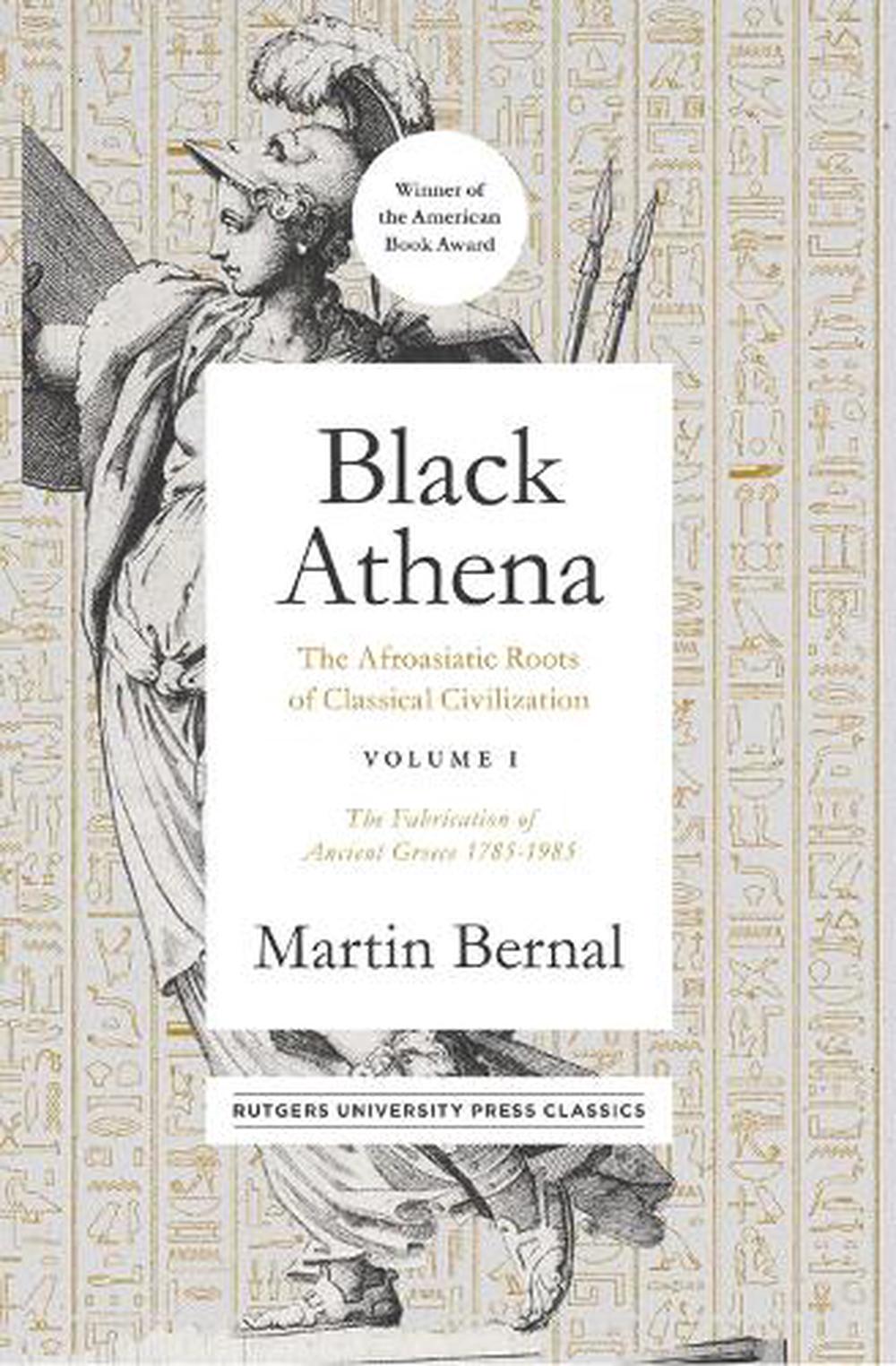

Romantics decided the Greeks were wrong to believe that Egyptians and Phoenicians had colonized them. Romantic thinkers preferred progressive civilizations like Greece to older, more stabler ones like Egypt or Rome, he said, and added that racism was prevalent in the 19th century, so honoring an African culture seemed coarse, he said. For intellectuals and scholars at the turn of the 19th century, he said, the cold reason of the Enlightenment was abandoned for the sentimentality of the Romantic Era. Bernal argues that historians from the 1700s, and even the ancient Greeks themselves, went by the "ancient model" that the seafaring Egyptians and Phoenicians had colonized Greece and introduced new ideas and culture.īernal said that evidence doesn't support the Aryan theory any better than the ancient one and blames the prevailing trends on 19th-century society. The controversy centers on what scholars since the 1800s have come to view as the "Aryan model" of Greece as the center of math, science, medicine, art and culture in the west - prior to its invasion by Europeans. While Greece has long since become the predominant cultural model, Bernal, Cornell professor emeritus of Near Eastern studies, addressed his controversial research in a lecture at the Africana Studies and Research Center, Oct.

Martin Bernal, author of "Black Athena: The Afroasiatic Roots of Classic Civilization," continues to take his lead from late-18th-century Western scholars who looked to Egypt - not Greece - as the root of ancient culture. 15 at the Africana Studies and Research Center. Martin Bernal speaks on "Black Athena: The Linguistic Evidence," Oct.


 0 kommentar(er)
0 kommentar(er)
